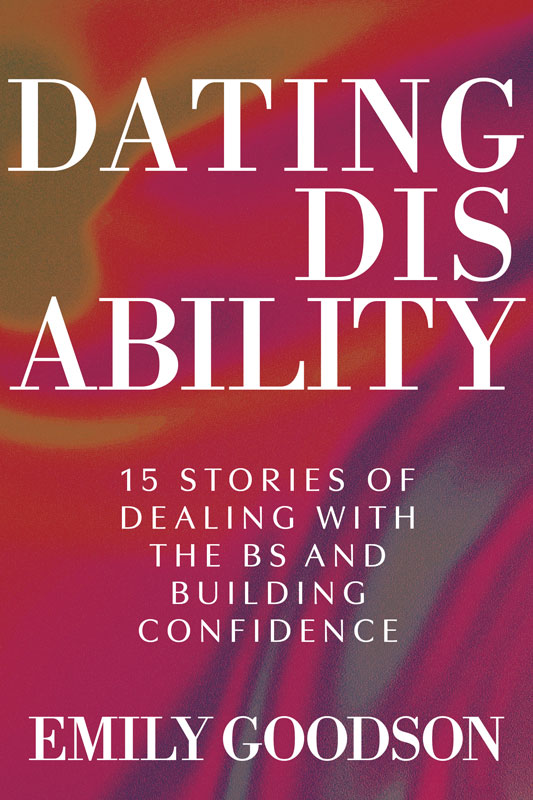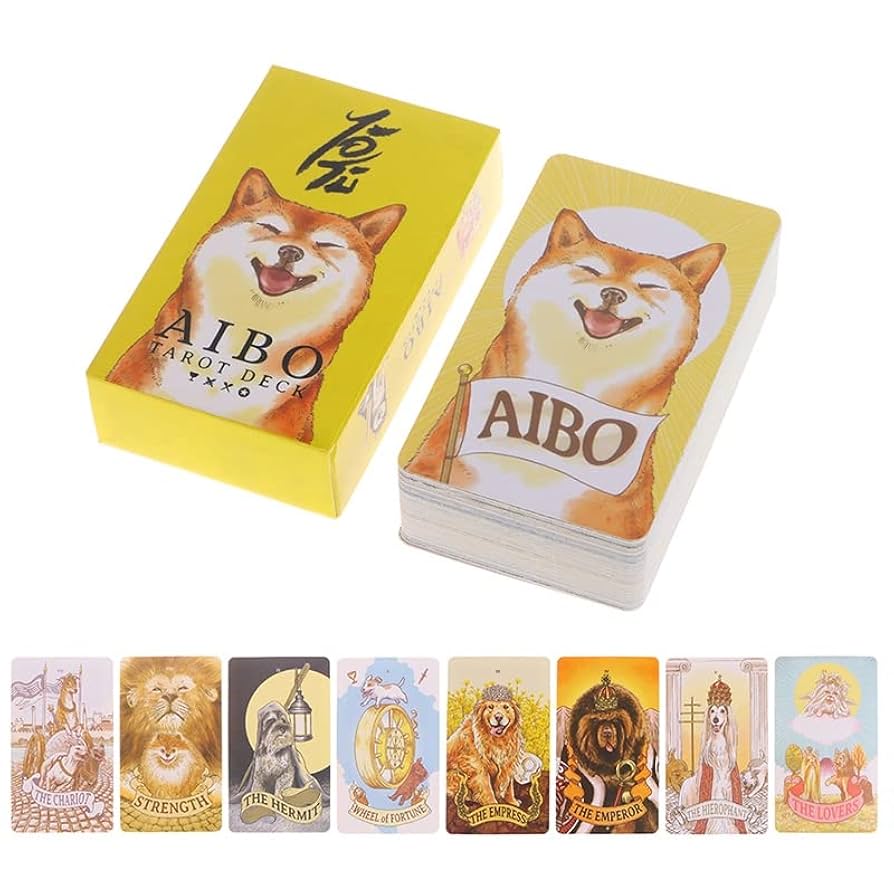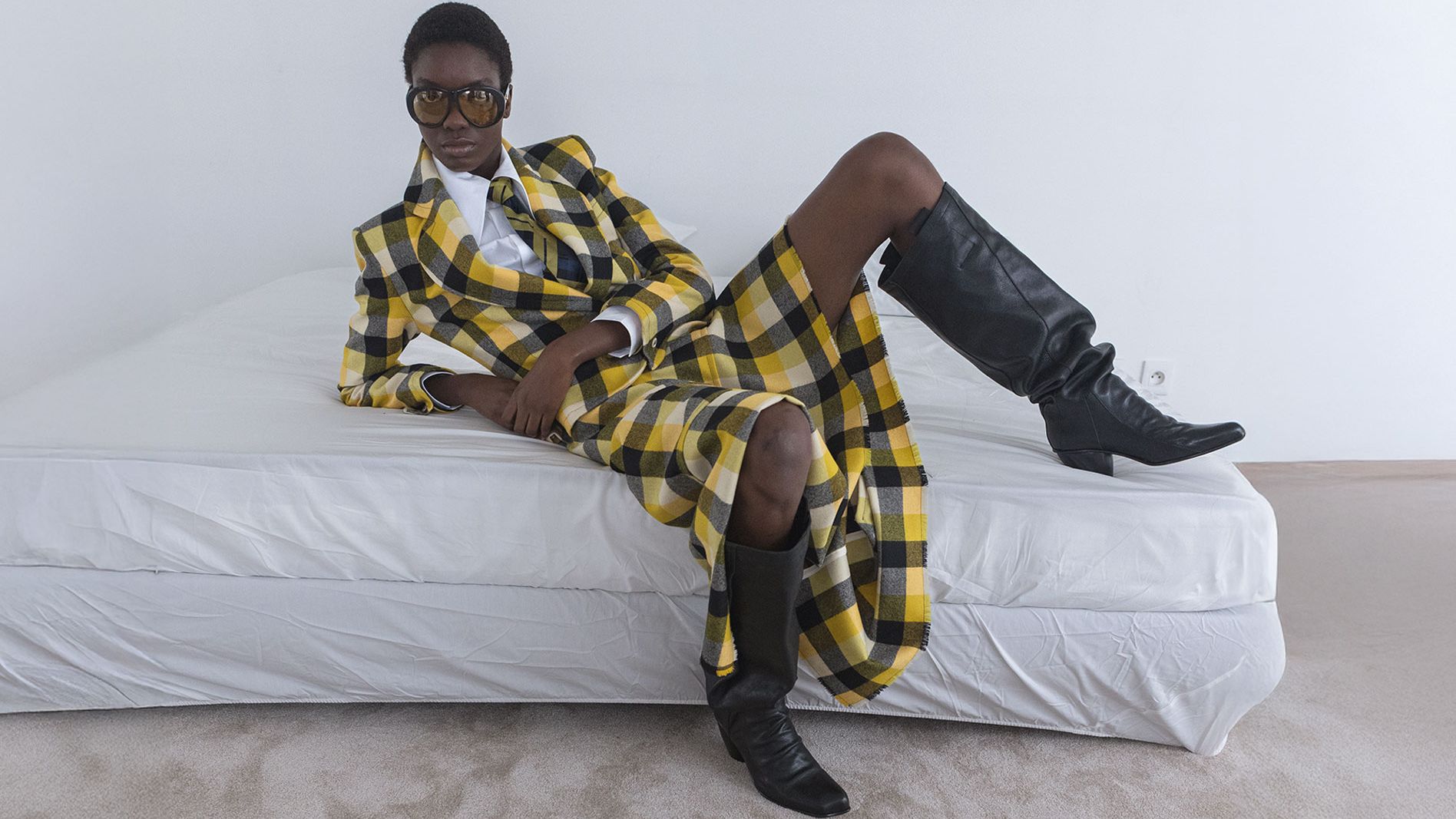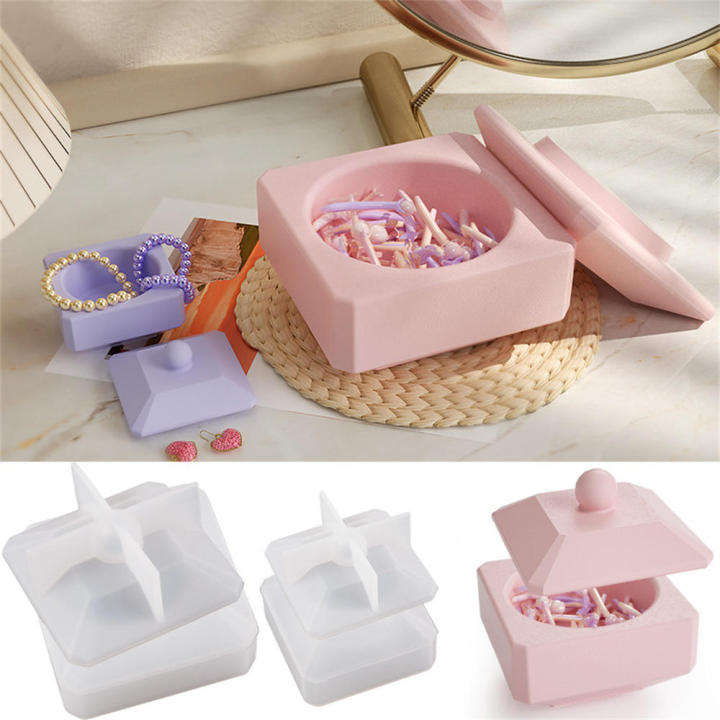
I always reach out to my closest friend after going on a date…
One time, after a dinner outing, the guy texted me saying that, despite our shared interests, he didn’t want to pursue things further.
“What do you think prompted that?” my friend inquired.
“I can’t say for certain, but he did make a face that said ‘oh, what, ew’ when I arrived, which gives me a clue.”
“Was he aware that you have cerebral palsy?”
“Yes, but it was the first time he witnessed it in person.”
“You know, many of my friends have terrible dating stories,” she remarked. “Dating tends to be challenging for everyone. But it might be especially tougher for you.”
While I wouldn’t claim the title of “#1 Dating Survivor,” seeking romance as a person with a visible physical disability is undoubtedly difficult. At times, I ponder whether I’ve become strong enough to survive alone in the wilderness (I haven’t; I’d only last 45 minutes). Yet, societal expectations swirl around me, and I hear whispers like, “Is her body even attractive?” or “What else can we do for fun besides sitting?” or “Will I have to constantly care for her?” making first dates feel like an unintentional test of a guy’s beliefs and values just by my presence. Everyone must expose their vulnerabilities while dating, but for me, that vulnerability kicks in right at the greeting.
Curious about how my peers felt about this situation, I undertook a dating essential: I initiated a group chat. Below, author and disability rights advocate Emily Ladau, writer Rebekah Taussig, and public speaker and founder of Blindish Latina Catarina Rivera share their experiences of dating with a disability and the mindset they held by the time they found their long-term partners.
Kelly: What do you recall about being a disabled child with a crush?
Emily: I quickly found out that it’s not regarded as ‘cool’ for those without disabilities to reciprocate the affections of someone who has a physical disability. I repeatedly heard the dreaded phrase, ‘We can just be friends.’ Honestly, I don’t think I understood what that truly meant back then, nor do I think the boys I liked did either — but their words often carried an implication of, ‘I don’t want that stigma linked to me.’ I wasn’t bullied, but it felt like having feelings for me was too much to ask.
Rebekah: I never voiced my romantic feelings to anyone as a kid. My disability played a part in that. It’s inherently vulnerable for anyone to show interest in another, and I likely anticipated being unwanted due to my wheelchair. However, my romantic history is interesting because I developed a crush on a boy at my church at a young age, who eventually became my first boyfriend, and later my first husband.
Catarina: I wasn’t diagnosed with blindness until I was 17, so as a child, I only wore hearing aids, which my hair could easily hide. I don’t recall being bullied for my disability, but I do remember feeling upset when a boy pointed out that I had hairy arms. It was more about comparing myself to the girls I saw in media, as I felt I didn’t fit that mold being Latina.
Rebekah: Did you ever see The Sandlot? I remember thinking, ‘The lifeguard at the pool — that’s the kind of girl who deserves a crush, not me.’
Kelly: As I grew older, I started noticing how different I was — typically the only visibly disabled person in any setting — and as a young adult, I refrained from mentioning my cerebral palsy unless I could spin it positively. What was your experience?
Emily: I didn’t want to draw attention to myself, so I ruled out dating someone else with a disability. Ironically, my first serious boyfriend also used a wheelchair. I realized that if I aimed to dispel negative perceptions of my disability, I had to practice what I preached. There’s also something valuable in being with someone who understands your experiences firsthand. He endured similar stigmas, which helped me see that there was nothing wrong with me. However, absorbing that lesson took considerable time.
Catarina: I really struggled following my blindness diagnosis at 17, as I had to adapt to a completely new disability. It felt immense, almost like a secret, because I wanted to fit in as a young adult. I wasn’t keen on using a cane. When attending parties in New York City, the noise and darkness would disorient me. If friends invited me to dance, it seemed easier to keep dancing and postpone seeking out my friends.
Kelly: I completely relate! I once met a guy while sitting at a bar, and we clicked. But I was apprehensive about standing up and seeing his reaction. It felt almost like I deceived him. So, I just pretended that it was the coziest seat ever, unable to leave it — even when he did, once the bar eventually closed.
Catarina: It seemed like being disabled was considered unappealing and something many would not embrace. I imposed an arbitrary timeline for finding someone before I started using a cane. In my twenties, I believed using a cane would signify that I was damaged goods.
Rebekah: I grew attached to my first husband because I kept thinking, ‘It’s exceedingly doubtful that anyone else will choose me, but if this boy does, I might have a chance at a relationship.’ I would literally wish that on a star outside my childhood bedroom. By the time we married, it felt like committing to it was my only option. After our divorce, I was only 23. Yet after gaining more life experience, I realized there were more people who might be interested in me than I previously believed.
Kelly: How did it feel to create a dating app profile? Were you cautious or open about your disability?
Rebekah: I created a profile back when it was so trendy to elaborate in paragraphs about yourself. I put a lot of effort into responding to every prompt. As someone with a disability, you instinctively try to ease others — it’s deeply ingrained in us! I made sure to include photos of myself in my chair as well. But then I would go on dates only to realize they hadn’t bothered to look at all my pictures or read my profile. I recall one guy who spoke very carefully, clearly hesitant about saying anything wrong. How can you enjoy a date if it feels like you’re being scrutinized?
Emily: Entering a space where my disability is unmistakably clear is one thing, but being online where it’s less so is another. When I first joined dating apps years ago, I concealed my disability. I would reveal it after a while, hoping my charm would compensate for it. That approach ended in disaster, and I eventually learned to just be transparent. I received fewer matches, and often people unmatched me after scrutinizing my profile. It was a learning curve. I had to understand that if I wasn’t comfortable being authentic, I wouldn’t find the right partner for me.
Kelly: When I meet someone new who isn’t disabled, my disability might seem like a sensitive subject. It’s easy to forget that everyone carries sensitive topics, and it requires time to balance things out. What was the difference when you met your current partners?
Catarina: I encountered my partner at a gathering, and there spanned several months from our first meeting to when we connected again. We exchanged messages in that interim. This felt different because there was an inherent level of trust during our conversations. I recall he didn’t react strongly — he was intrigued but not intimidated.
Emily: To be honest, I can’t recall a conversation where we explicitly discussed my disability. I’m sure it occurred since we matched on Hinge, but I don’t remember those specifics — and I think that’s a good thing.
Rebekah: I was thrilled by the messages from my partner Micah; he’s an exceptional writer. We exchanged messages back and forth for a while, and he was the one to bring up my disability based on something I mentioned — which assured me he was genuinely engaging with my words. Not questions like, “Can you have sex?” or “What’s your story?” which I used to get asked frequently. I remember feeling like he perceived me as a whole person.
Kelly: As if the disability aspect was seamlessly integrated.
Rebekah: Precisely. It was never framed as him being non-disabled and me being disabled — no divide. Embracing our bodies as they were from the start has made the changes over the years much easier for us. We’ve fortified our ability to adapt within our relationship.
Emily: The reality is that everyone requires support. A solid relationship involves finding that balance together, whatever shape that takes.
Dating is challenging. Perhaps sparks would ignite more readily if disability could be addressed with lightness — just as one would ask about someone’s upbringing or their aversion to olives on pizza. A disability is merely another facet to explore before it’s interwoven into all the nuances that define a person. Ultimately, that’s all anyone desires in a relationship: The opportunity to be loved for their entire, complex self.
Kelly Dawson is an author, editor, and marketing consultant situated in Los Angeles. She has written for Cup of Jo about navigating life in NYC with a disability and the humor that can emerge from living with one. Feel free to connect with her on Instagram if you wish (she’s single!).
P.S. Joanna’s top dating rule and 14 insightful reader comments regarding dating.
(Illustration by Abbey Lossing.)
**Title: Navigating Love: Experiences of Dating with a Disability**
Dating can present a complicated journey for anyone, but individuals with disabilities often face distinctive hurdles and enriching experiences. Understanding these experiences is vital in nurturing a more inclusive and compassionate society.
**Challenging Stereotypes and Misunderstandings**
One significant obstacle encountered by people with disabilities in the dating scene is breaking through stereotypes and misconceptions. Society frequently perceives individuals with disabilities through a perspective of limitation rather than potential. This can foster assumptions regarding their ability to form romantic relationships. Many people with disabilities report needing to educate potential partners about their capabilities and requirements, which can be empowering yet tiring.
**The Impact of Technology**
Technology has significantly transformed the dating experiences for individuals with disabilities. Online dating platforms present a space where users can portray themselves beyond their physical constraints. These platforms enable users to disclose their disabilities according to their preferences, often leading to more substantial connections. However, the online world also presents its challenges, including the possibility of encountering ableism and discrimination.
**Importance of Communication and Understanding**
Effective communication is essential in any relationship, but it becomes even more critical when one partner has a disability. Open conversations about needs, boundaries, and accommodations can enhance the relationship between partners. For example, someone with a mobility impairment might need to discuss accessibility when planning outings, while a person with a sensory disability may have to express specific preferences for sensory-friendly environments.
**Building Confidence and Self-Worth**
Dating can significantly influence the self-esteem of individuals with disabilities. Positive dating experiences can enhance feelings of self-worth and desirability. Conversely, negative experiences, such as being rejected due to disability, can be discouraging. Support from friends, family, and disability communities can be crucial in cultivating resilience and self-assurance.
**The Significance of Representation**
Representation in media and popular culture plays a crucial role in normalizing the dating experiences of individuals with disabilities. When people see their stories reflected in films, television, and literature, it can affirm their experiences and challenge societal norms. Increased representation can also educate the public, promoting a more inclusive understanding of love and relationships.
**Conclusion**
Dating with a disability entails navigating a landscape filled with both challenges and opportunities. By dismantling stereotypes, utilizing technology, encouraging open communication, and advocating for representation, individuals with disabilities can develop meaningful romantic connections. Society’s duty is to support these endeavors by fostering inclusivity and understanding, ensuring that love is accessible to all, regardless of ability.




